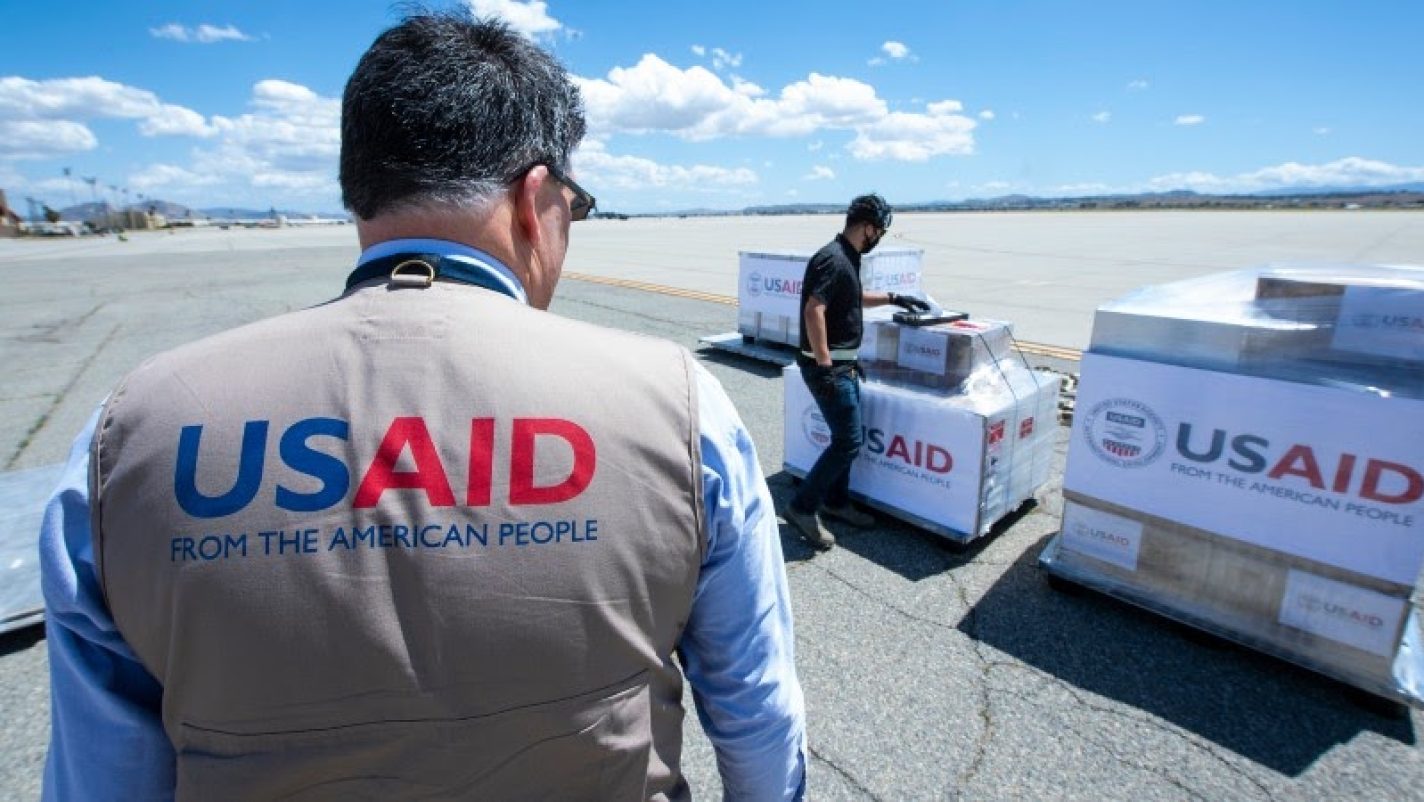News
USAID empowers 18,000 Nigerian SMEs with $244m in agricultural investments

The United States Agency for International Development (USAID, with its recently concluded “Feed the Future Nigeria Agribusiness Investment activity” mobilized $244 million in agricultural investments in Micro, Small, and Medium scale enterprises (MSMEs) in Nigeria.
The initiative which lasted for five years supported over 18,000 MSMEs across seven Nigerian states, namely Benue, Cross River, Delta, Ebonyi, Kaduna, Kebbi, and Niger.
These small businesses, often the backbone of local economies, experienced a significant improvement in their operations.
The capital investment in the agricultural sector enabled MSMEs to have greater access to capital and ensure operational growth in the sector.
This initiative’s achievements can be attributed to the collaborative efforts of USAID, the Nigerian government, federal and state ministries dedicated to agriculture and food security, and the private sector.
They united their efforts to amplify agricultural productivity, extend market prospects, elevate nutritional standards, and simplify financial resource accessibility
Moreover, Michelle Corzine, as the Director of the USAID/Nigeria Economic Growth and Environment Office, underscored the significance of ongoing cooperation between the public and private sectors.
She said,
- “We have seen remarkable improvements in the agricultural sector, and it is essential that public and private-sector actors continue to collaborate to ensure that we continue to improve the business environment for Nigeria’s farmers.“
More Insights
Nigeria’s economy relies heavily on agriculture, with nearly 35% of its workforce engaged in this sector. The sector also accounts for about 23.69% of the country’s gross domestic product (GDP), estimated as one of the highest contributors to Nigeria’s GDP.
Nevertheless, it confronts obstacles like exorbitant operational costs, constrained financial access, and regulatory intricacies.


 News15 hours ago
News15 hours agoNIGERIAN BREWERIES PARTNERS OZA CARNIVAL

 Top Stories3 hours ago
Top Stories3 hours agoTinubu’s Aide Condemns Plan To Reinstall ‘Jesus Is Not God’ Banner In Lekki Mosque

 Top Stories3 hours ago
Top Stories3 hours ago2025 Budget Cannot Address Nigeria’s Economic Challenges – Atiku

 News3 hours ago
News3 hours agoPetrol To Sell ₦935/Litre From Today – IPMAN

 News3 hours ago
News3 hours agoPresident Tinubu’s reforms not responsible for food stampedes – FG

 Entertainment3 hours ago
Entertainment3 hours agoI will be more influential in Nigeria than UK – Tobi Adegboyega

 Top Stories16 minutes ago
Top Stories16 minutes agoPrimate Ayodele’s Prophecies For 2025








